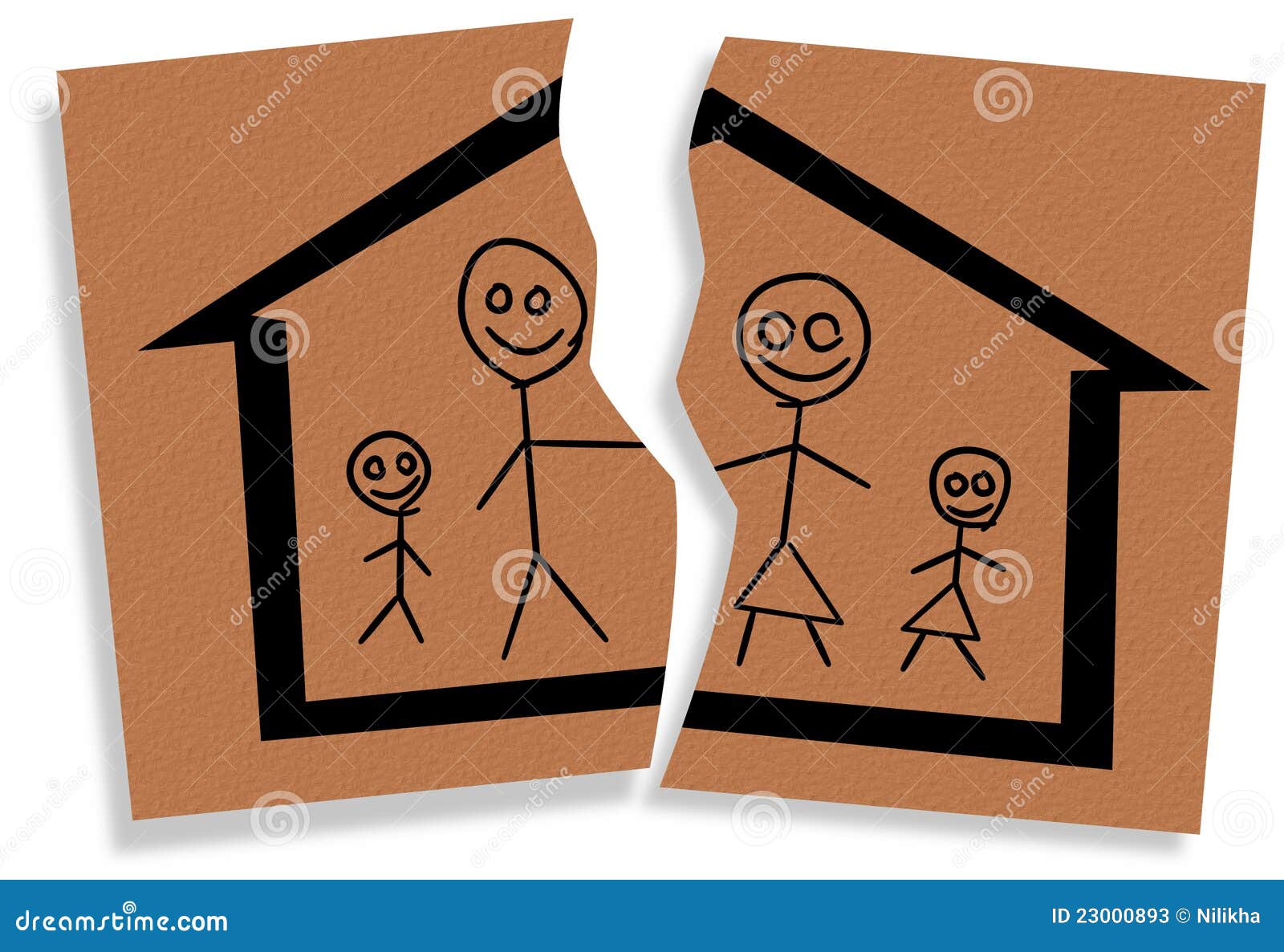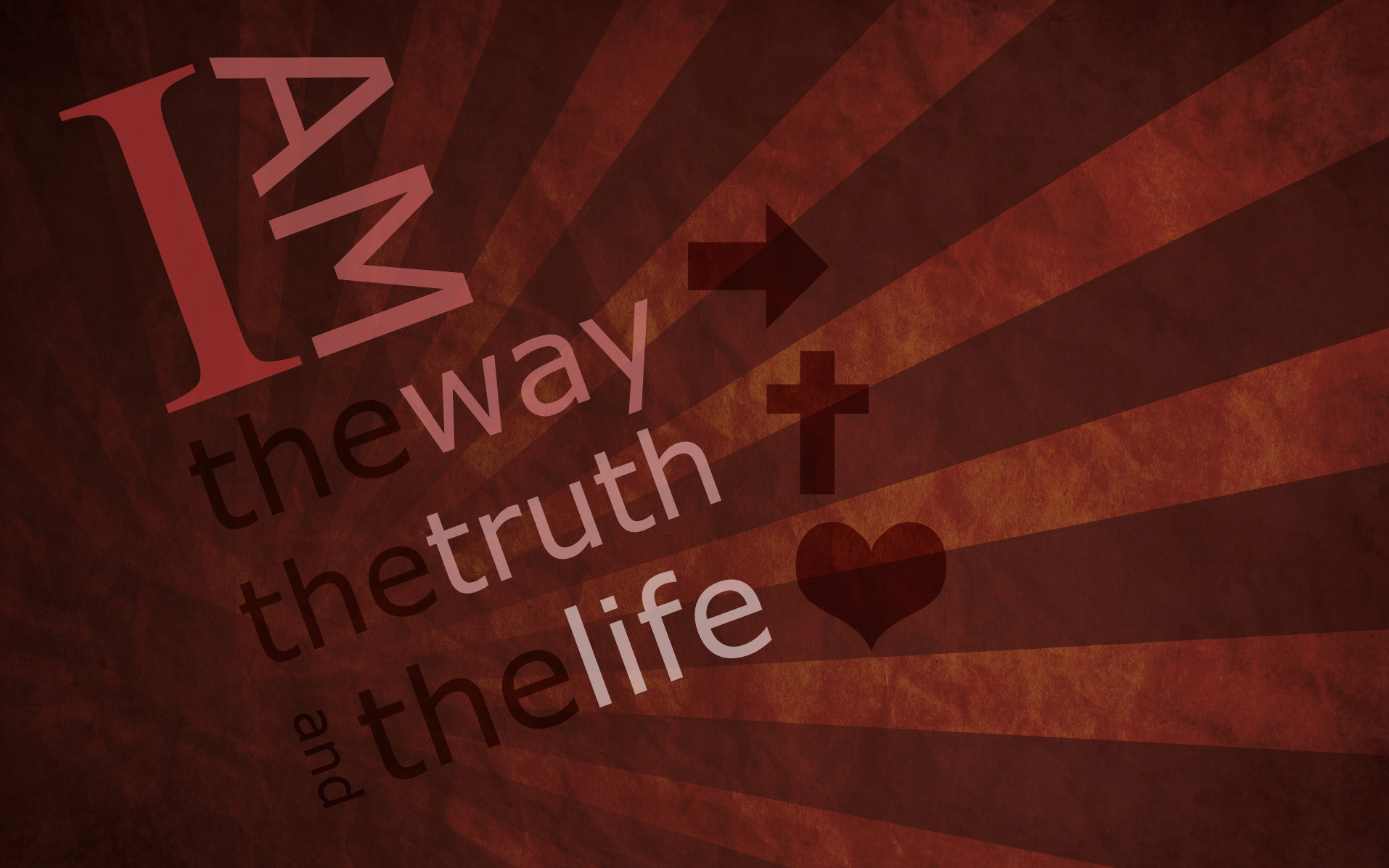I have this amazing friend who I love a lot. She and I are very similar in some ways and in others are completely the opposite. We use to live next door to each other and would see each other all the time for coffee and catch ups, but now we are in different cities and I miss seeing her and being able to chew the fat.
She is an incredibly talented and passionate woman, but she suffers from a debilitating illness. It is one of those illnesses that doesn't show on the outside so often people don't realise that is just a struggle for her to get out of bed some days. If she does make it out of bed, that is an epic win! But she doesn't feel like that. She feels like she is trudging when all she wants to do is fly.
Her and I were talking about it about it last night, and I really feel like I know where she is coming from. I too feel like I am just doing the daily trudge at the moment. Though I do not have an illness as severe as hers, I do get migraines that throw out my plans. I have to watch how much I do, how often I rest, and when I take my medication. I feel like my life is dictated by me head.
I also know how she is feeling when she asks me what God has planned for her and how it is possible. I sometimes feel like I have done all this study and research and now I am not using it or working in the field I am most passionate. I feel like I just live from day to day waiting for the opportunity to do something else, something more.
Our experience of church is very much dictated by our experiences of life; we both find it a struggle to go to church. We find it hard to do small talk with people who don't really know how we are struggling silently. We find the music often contrite and dishonest to how we are feeling. We can find the sermons boring and/or rip them apart mentally due to our theological training. So we tend to avoid church, or go very unwillingly.
We are trudging, but oh how we want to fly.
During these times it is the story of Joseph that really sustains me. If you know the story, fell free to let your mind wander as I summarize it for those who do not.
Joseph was the second youngest of 12 brothers. Though usually the eldest brother was the most loved, the most favoured, but Joseph, the first child of two children from the favourite wife of Jacob, was the most loved by his father. We was doted on and, frankly, was a little spoiled and outspoken to boot. He annoyed his brothers by telling the of dreams he had where his whole family would bow down to him. In a fit of rage, the brothers took Joseph, intending to kill him. Instead, they sold him to slavers that then took the young boy to Egypt to sell. He was sold to Potiphar, an important man, and he worked hard to please his master. However, his master's wife took a little too much of a liking to him and, when he didn't reciprocate, falsely accused Joseph of rape. Joseph languished in prison for 14 years, working hard and earning the respect of the guards of the prison in the process. When fate brought two men of Pharaoh's household to the prison, Joseph was given the opportunity to interpret their dreams and, in the process, asked them to remember him to Pharaoh. The dreams came to pass as he said, with one man being killed and the other being reinstated in his former position. It was another two years before Pharaoh had a dream and the reinstated man remembered his promise to Joseph. He told Pharaoh about the now fully grown man, and Joseph was released to interpret the Pharaoh's dream. He did so correctly, thorugh the Spirit of God, and was made second only to Pharaoh in all of Egypt. Eventually a famine struck the land for 7 years and Joseph's brothers were needing food. They went to Egypt to ask for grain from Joseph, who had been preparing for the famine for years after being warned in Paroah's dream. It was then that the dreams of seeing his family bow before him were fulfilled. Joseph forgave his brothers and brought his whole family to Egypt and died an important, wealthy and loved man.
That was a very brief explanation of the story. If you want more look it up in Genesis and have a read. It is worth it.
Anyway, back to my point.
It was 16 years before Joseph was set free. He didn't know if he would ever get out of prison alive. He didn't know what the plan was or how God would get him out of it all. He had a terrible experience as a child and now he was locked away for something he didn't do.
If I was Joseph I would have despaired. There seemed to be no hope, no light at the end of the tunnel, no justice.
Even though the story doesn't end that way, it is this part I want to focus on. The part where for 16 years Joseph trudged through everyday in prison.
He had dreamed he could fly, and was made to trudge with no end insight.
But it was he did in prison that impresses me so much. He worked so hard and so faithfully that the head of the prison made him his right hand man. He was put in charge of other prisoners and earned the respect of both them and the people paid to keep him locked up. He didn't give up, he just found another way to serve God.
This challenges me. So often I ask God what his plan is for my life and when will it come to fruition. But really, all God calls us to is to live faithfully in loving him and loving others where ever we find ourselves.
Whether we are trudging or flying, our purpose is the same. Whether we feel defeated or elated, our response to God and to others is meant to be the same. We are meant to live faithfully in love. Maybe our circumstances will change, maybe they won't, but that should not determine how we live or what God is asking from us.
We may feel like we are trudging, but it is living out our faith in Jesus that brings us to flight, whether we feel it or not.
Remember that it is the sacrifice and love of God that makes us fly, not what we do or where we are headed. We may feel like we are in a prison and that we will be in it for life, but it is how we live and how we respond to God that will define us.
I look back at the last ten years of my life and see how far I have come, even though most of it has felt like one long trudging slog. I remember that this time a decade ago I was in an abusive marriage, was alcohol dependent, was in and out of psych wards and suicidal. Today, I am loved, happy, healed, and 7 years sober. It was a long hard walk, but I am flying, whether I feel it today or not. God's work in our lives is not dependent on our feeling it. However, it is our hope in God that keeps us going everyday.
You may continue to trudge, but remember that it is our hope that makes us fly.





























